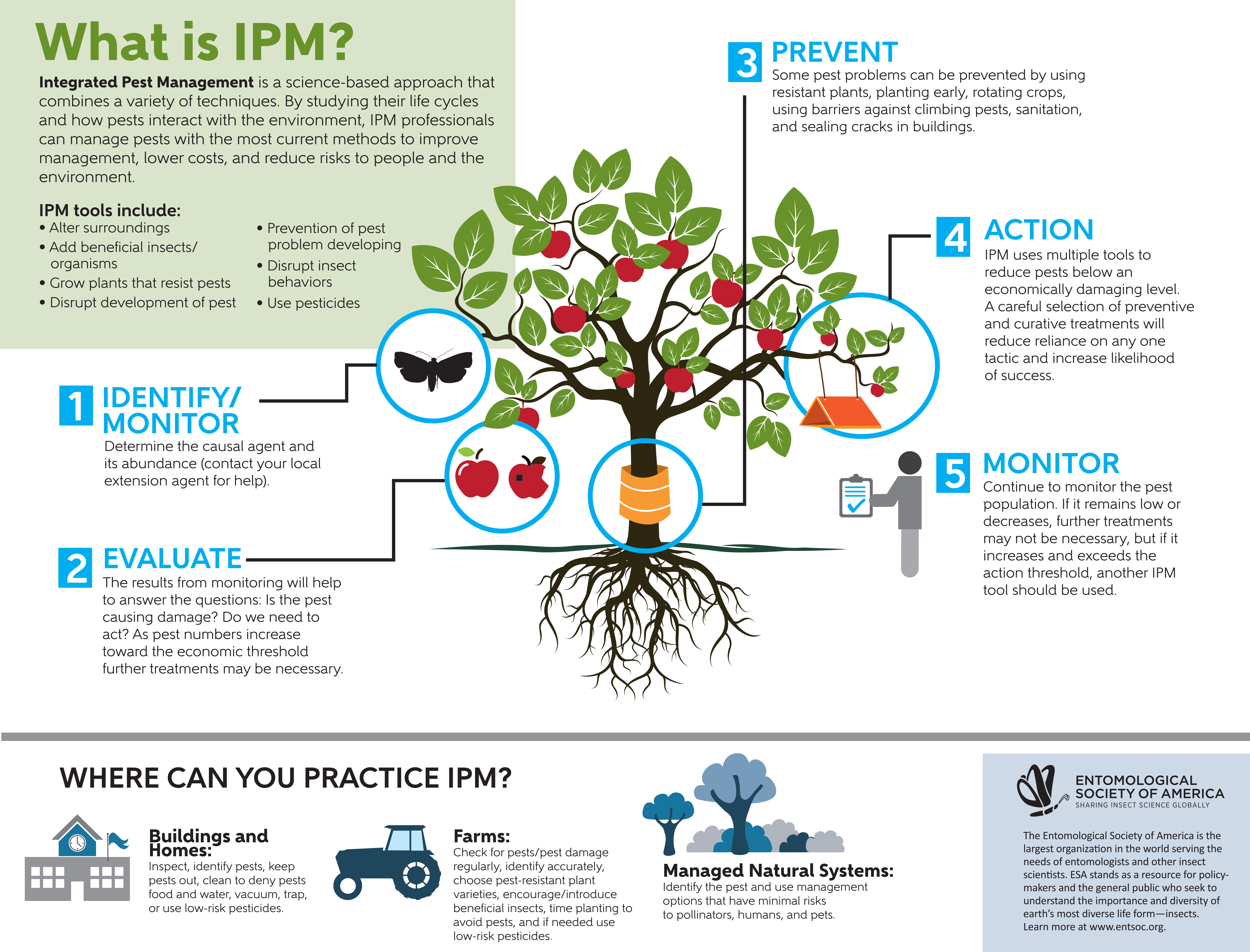Protecting Your Garden From Vermins: Methods For A Pest-Free Outdoor Room
Protecting Your Garden From Vermins: Methods For A Pest-Free Outdoor Room
Blog Article
https://how-to-remove-rats-from-c17394.wssblogs.com/26622491/selecting-the-ideal-termite-monitoring-service-for-your-home By-Frandsen Medeiros
Envision your garden as a shelter, a place of tranquility and beauty. Nevertheless, the presence of outdoor bugs can swiftly interrupt this ideal picture. What if there were https://howtoremovesnakefromgarag95173.blogsvila.com/26703704/from-cockroaches-to-rodents-understanding-the-top-health-risks-posed-by-house-pests yet effective ways to keep these unwelcome site visitors away and protect your garden oasis? By adhering to a few sensible suggestions and implementing all-natural methods, you can create an unified outdoor area where your plants can grow undisturbed.
Natural Parasite Deterrents
To maintain parasites away from your garden naturally, plant aromatic natural herbs like mint and lavender. straight from the source include elegance to your yard yet additionally act as effective pest deterrents. Parasites like mosquitoes, flies, and even some garden-damaging insects are pushed back by the strong scents produced by these herbs. Simply placing them strategically around your garden can help develop an all-natural obstacle versus undesirable parasites.
In addition to mint and lavender, consider planting other herbs like rosemary, basil, and lemongrass to further boost your yard's pest-proofing capabilities. These herbs not only serve as natural repellents however also have the added advantage of working in cooking or crafting home made solutions.
Strategic Plant Positioning
Consider the design of your garden and the types of plants you need to tactically put them for maximum pest-proofing efficiency.
Start by organizing plants with similar resistance to pests with each other. By doing this, you can develop a natural obstacle that prevents pests from spreading out throughout your yard.
In addition, positioning pest-repelling plants like marigolds, lavender, or mint near more vulnerable plants can help protect them. Tall plants, such as sunflowers or corn, can serve as a shield for shorter plants against pests like rabbits or ground-dwelling pests.
Remember to leave enough space in between plants to improve air blood circulation and decrease the risk of diseases that pests may bring.
Moreover, think about growing strong-smelling natural herbs like rosemary or basil near susceptible plants to confuse parasites' senses and make it harder for them to find their targets.
Effective Bug Control Techniques
For combating garden bugs properly, executing a multi-faceted pest control technique is important. Beginning by urging natural predators like birds, ladybugs, and praying mantises to help maintain pest populations in check. Introducing plants that draw in these valuable bugs can assist in bug control. Additionally, practicing good garden hygiene by eliminating particles and weeds where bugs might conceal can make your yard less friendly to undesirable visitors.
Consider using physical obstacles such as row cover fabrics or netting to protect at risk plants from parasites like caterpillars and birds. Using natural pesticides like neem oil or insecticidal soap can also work against specific insects while being less harmful to valuable bugs and the environment. It's important to turn your crops each period to stop the buildup of pest populaces that target details plants.
On a regular basis check your plants for signs of pest damage so you can do something about it without delay. By integrating these techniques and staying alert, you can efficiently control yard pests and appreciate a thriving, pest-free yard.
Final thought
So, there you have it - with the best approaches, you can maintain pesky exterior insects away from your garden and assist your plants grow.
Did you know that growing mint has been shown to push back mosquitoes and various other bugs, lowering the need for damaging pesticides by as much as 60%?
By integrating natural deterrents and wise planting techniques, you can produce a gorgeous and pest-resistant garden sanctuary for you to take pleasure in.
